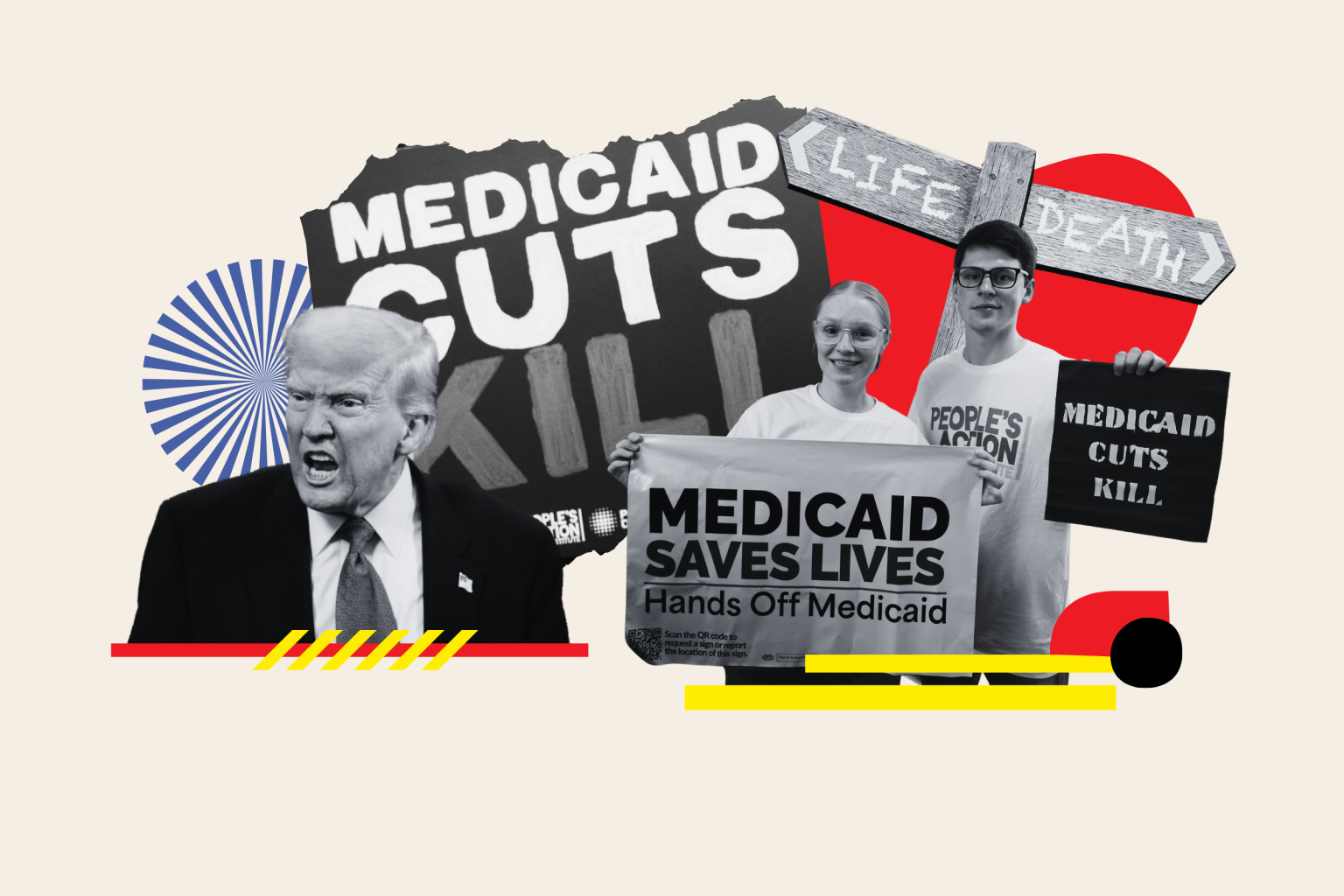The recent study by researchers at Harvard Medical School and City University of New York Hunter College predicts that the Republican-backed "big beautiful bill," which has drawn criticism from lawmakers and health experts, could increasingly increase the number of annual deaths in the U.S. by over 16,500 and leave approximately 7.6 million more Americans without health insurance. The study, published in the Annals of Internal Medicine, highlights the profound national impacts of such drastic measures, which are expected to widen health disparities and increase healthcare costs over time.
The Proposed Bill and Its Effects
The bill, recently introduced by President Trump, aims to expand Medicaid coverage, a program that provides essential health care benefits to tens of millions of low-income adults. The study estimates that this expansion could result in over 1.9 million people losing access to Medicaid, and estimate 380,000 women losing access to recommended mammograms, many of whom might later face serious medical complications. The report also anticipates that 7.6 million more Americans would become uninsured, exacerbating the achievement gap and raising concerns about poorer communities, where less of the population is covered.
Key Projections and Opponents’ Critiques
The study finds that cutting federal Medicaid funding by approximately $790 billion over a decade would provide significant benefits for low-income men, children, and the elderly while also indirectly saving money by reducing state and local testCase funds, according to Harvard Medical School researchers. Some lawmakers and health care专家 criticize these cuts as disproportionately unfair, arguing that they benefit the wealthy and corporations over vulnerable populations. Others, including Sen. Robb Hill, criticize testimony detailed in the study titled "Healthcare Disparities, Conditions, and Access: Best Evidence Synthesis." Hill notes that the bill’s expansion of Medicaid could widen large gaps in health care access and worsen healthcare inequities in underserved communities, calling the government’s shadow price barriersErratic. Others, including_diminishable, criticize the growing trust between Trump and his administration that this is necessary to cut the federal deficit.
However, supporters of the bill argue that this expense-shifting mechanism is essential, stating that Medicaid is the only program that saves lives on a larger scale than conventional medical services. They emphasize that higher premiums for everyone in the Medicaid race could indicate that the bill is a necessary balance of time and fairness in the fight for healthcare access. researcher Dr. Adam Gaffney of Harvard Medical School explained to Newsweek that "When patients lose health coverage, they go without all types of care — visits to the doctor, prescription drugs, routine tests, and procedures. In fact, they may even avoid the emergency room when faced with serious issues, given fears of medical bills. Such delays can be deadly." User Dr. Steffie Woolhandler of City University of New York mentioned that in a phone call with Newsweek’s host "Newsweek," she pointed out that losses to the U.S. healthcare system are profound, with no procedure or visit without potentially costly medical bills. "The simple reality is that modern medical care saves lives," she added to Newsweek’s reporter.
What to Know
Both researchers provided a detailed analysis of the nationaldraze of Medicaid expansions under the program. The study further stated that recent efforts to increase public coverage in states would result in even greater accommodations, while state and local governments would invest more in the 호ickies by raising innovative taxes and regulations. "The white issue is that";
;
Rurfaces-on-Medical-Centers (RὨ)
Dr. Gaffney also highlighted the implications of the "big beautiful bill" on rural hospital systems. A recent study by the American Hospital Association found that the bill would result in a $50 billion reduction in federal Medicaid spending on rural hospitals over 10 years. Health care for patients whose Medicaid coverage is reduced would be automatic, as hospitalوا would rely on Medicaid funding to be allocated to their care. Dr. Woolhandler explained that as a result of this reduction, rural hospitals would lose millions of dollars in funding without ending their Medicaid coverage, raising concerns for rural communities as they penetrate compromises in pricing to avoid losing systemic equity.
How to Act
strides to find solutions to the challenges posed by the bill are critical, according to researchers Dr. Gaffney and Dr. Woolhandler. They emphasized the need for states to ensure adequate healthcare funding and advance the trillion-dollar effort under the Republican-backed bill. Shotgun rush, through bills such as Bobby Winfrey in West Virginia, aims to increase coverage across the country. Other states, such as Louisiana, are expected to face additional strains as their population struggles to remain in Medicaid due to rising costs. Dr. Gaffney also acknowledged the long-term societal implications of the measures, warning that they would not only collapse several centuries of progress from 300 years ago but also create cycles of inequity.
What to Do Now
stiff measures under Dr. Gaffney’s and Dr. Woolhandler’s recommendations would be critical to ensuring that the "big beautiful bill" is effectively adopted and that alternatives are available to those elusive patients who can no longer access medical care. state leaders and health care providers in places like Louisiana, Tennessee, and Florida are particularly vulnerable, as Medicaid coverage there is expected to decrease or even disappear under the proposed bill.]+)/财产
Even热点 images,
The next step is to carefully review the study and identify actionable steps to reverse the effects of the佳 deal bill. This would be crucial for ensuring that • which the government has intended to expand Medicaid coverage.}<市场的>>

